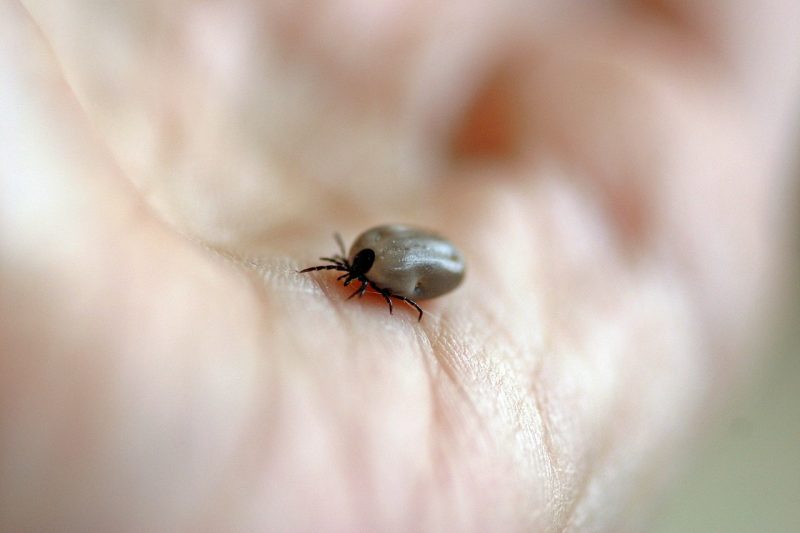Lyme disease, a bacterial infection spread through ticks that can cause damage to the joints, heart and nervous system if left untreated, has been linked in a new study to another concern: obsessive-compulsive symptoms (OCS).
This finding comes as the U.S. Centers for Disease Control and Prevention reports that mosquito-, tick- and flea-borne illnesses are rapidly rising. Tick-borne illnesses more than doubled from 2004 to 2016, with over 36,000 cases recorded across the country in 2016. Further, the CDC indicates that cases of Lyme are underreported and the extent of the disease’s spread is greater than these statistics indicate.
Scholars are conducting research to gain further understanding of the disease given its increased prevalence and reported links to a wide array of symptoms. This new study, “Obsessive-Compulsive Symptoms in Adults with Lyme Disease,” published in the March-April 2018 issue of General Hospital Psychiatry, involved 147 adults with Lyme disease recruited from online forums. To be included, individuals had to have a physician-confirmed diagnosis of Lyme (however, the researchers relied on self-reported data). The patients were mostly white women.
The participants completed online questionnaires that probed whether they had experienced common obsessions and compulsions such as hoarding or repeated handwashing. They also filled out surveys that measured functional impairment by obsessive-compulsive symptoms and other Lyme disease symptoms and a questionnaire that asked participants to evaluate whether they believed they experienced obsessive-compulsive symptoms.
The researchers analyzed the survey responses to determine whether there were associations between Lyme disease and obsessive-compulsive symptoms. They found:
- Over 84 percent of participants exceeded the clinical cutoff on the questionnaire measuring obsessive-compulsive behavior, which indicates the likely presence of obsessive-compulsive disorder.
- Most of these participants, though, did not recognize their symptoms as such. Only 44 percent of the participants who exceeded the cutoff on the obsessive-compulsive inventory believed they were experiencing obsessive-compulsive symptoms.
- A majority of the participants who were aware of these symptoms believed their onset was temporally related to their diagnosis with Lyme disease. In other words, they noticed the symptoms occurred at some point after their diagnosis.
- Around half of the “OCS-aware participants” reported some improvement in their symptoms after antibiotic treatment for Lyme.
The authors offer two explanations for their findings. Lyme disease could be linked to the onset of obsessive-compulsive symptoms through “inflammation and impact on the central nervous system.” Previous research has established links between Lyme and neurologic and psychiatric symptoms.
Another possibility is that people with Lyme might “engage in certain OCS in an attempt to manage their LD [Lyme Disease] symptoms or the co-occurring emotional distress.” Lyme disease symptoms like fatigue might also “increase the available time for compulsive behaviors or rumination and obsessive thinking patterns.”
The authors note a few limitations of the study, including the sample selected through online forums, which could over-represent the number of adults with Lyme disease who experience obsessive-compulsive symptoms. Further, all data was self-reported by participants. Additionally, the authors stress that while there are associations between Lyme and obsessive-compulsive symptoms for this study group, that does not mean Lyme caused the symptoms. They suggest that future studies might investigate the presence of obsessive-compulsive symptoms among Lyme patients in a clinical setting.


Expert Commentary